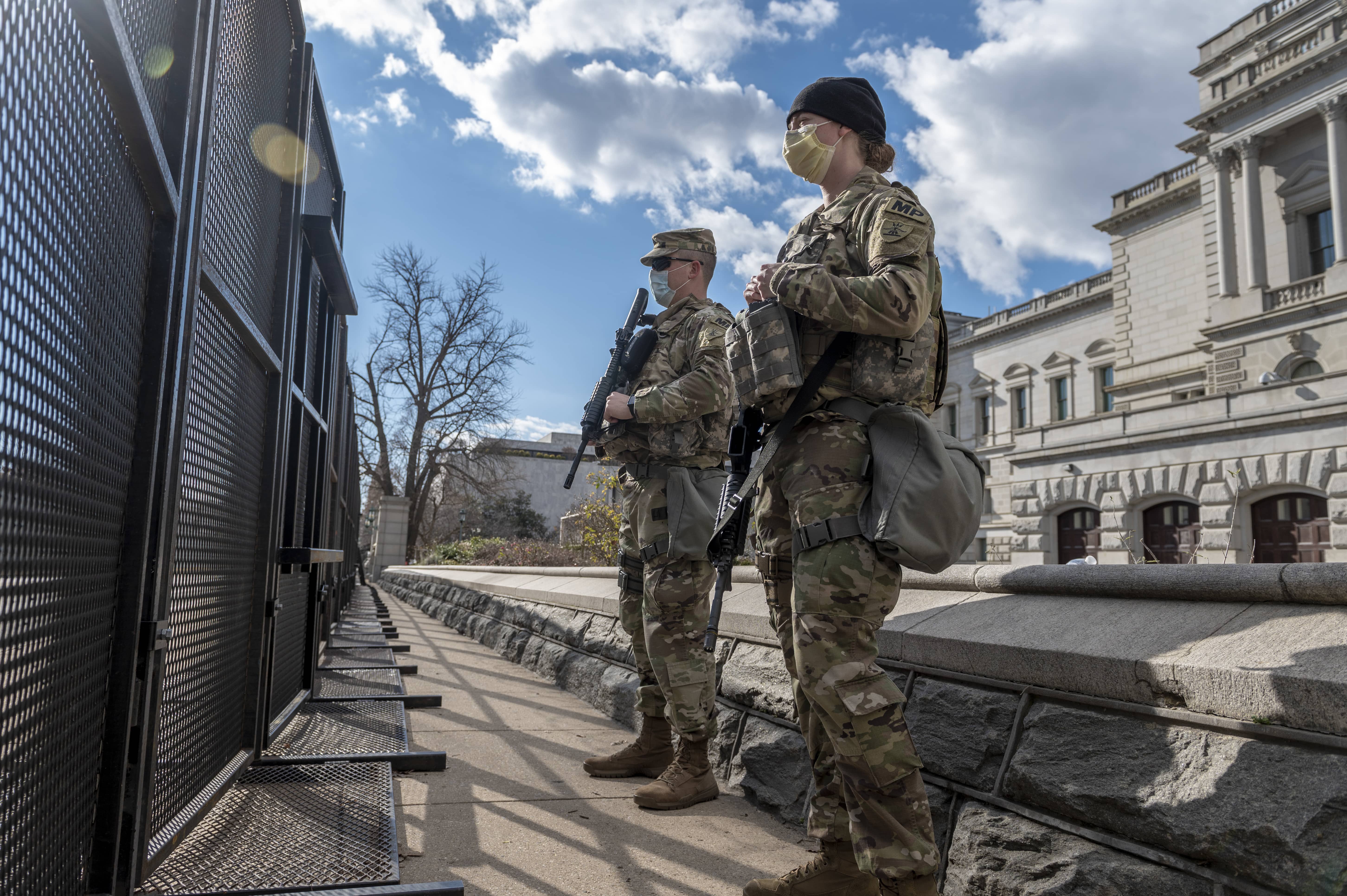In a move designed to support military families and attract more service members to the state, North Dakota Governor Doug Burgum signed a bill on Monday exempting military pay from state income taxes for active duty, National Guard, and Reserve members. The legislation, which aims to make North Dakota one of the most military-friendly states in the nation, is expected to reduce income taxes for service members by an estimated $4 million between 2023 and 2025.
The governor’s office emphasized that military service members often choose to live in states where military pay is exempt from income taxes or where there is no income tax as their official state of residence. By providing this tax exemption, North Dakota aims to encourage more military personnel to establish residency within the state, which can ultimately help to boost the local economy and support communities surrounding military installations.
The bill’s sponsor, State Senator Scott Meyer of Grand Forks, explained that the legislation would not only assist active duty members and their families in determining where to establish state residency but also aid in the recruitment of National Guard members. This move follows a growing trend among states to offer tax incentives to military personnel, with North Dakota now joining 12 other states that already provide a full exemption on military pay from state income taxes.
According to testimony on the legislation, the list of states with full exemptions for military pay includes neighboring Minnesota. An additional 14 states offer partial exemptions, while nine states, such as South Dakota, have no income tax at all. This competitive landscape of tax benefits for military personnel underscores the importance of states like North Dakota to adopt similar measures in order to attract and retain service members and their families.
As of now, North Dakota is home to nearly 5,500 National Guard and Reserve members and approximately 7,300 active duty service members. The majority of these service members are stationed at the Grand Forks Air Force Base and the Minot Air Force Base, according to data from the Department of Defense. The new tax exemption is expected to positively impact these service members, as well as any future military personnel who choose to make North Dakota their home.
Governor Burgum emphasized the significance of the tax exemption, stating that it demonstrates North Dakota’s recognition of the sacrifices made by military personnel and builds upon ongoing efforts to establish the state as the most military-friendly in the nation. This tax relief is likely to be welcomed by military families, who often face unique challenges, such as frequent relocations and separations from loved ones due to deployments.
The decision to exempt military pay from state income taxes is not only a show of support for those who serve but also a strategic move to bolster the state’s economy. Military installations often have a significant economic impact on the surrounding areas, with military families contributing to local businesses, schools, and community organizations. By making North Dakota a more attractive destination for military personnel and their families, the state can potentially benefit from increased economic growth and investment in local communities.






